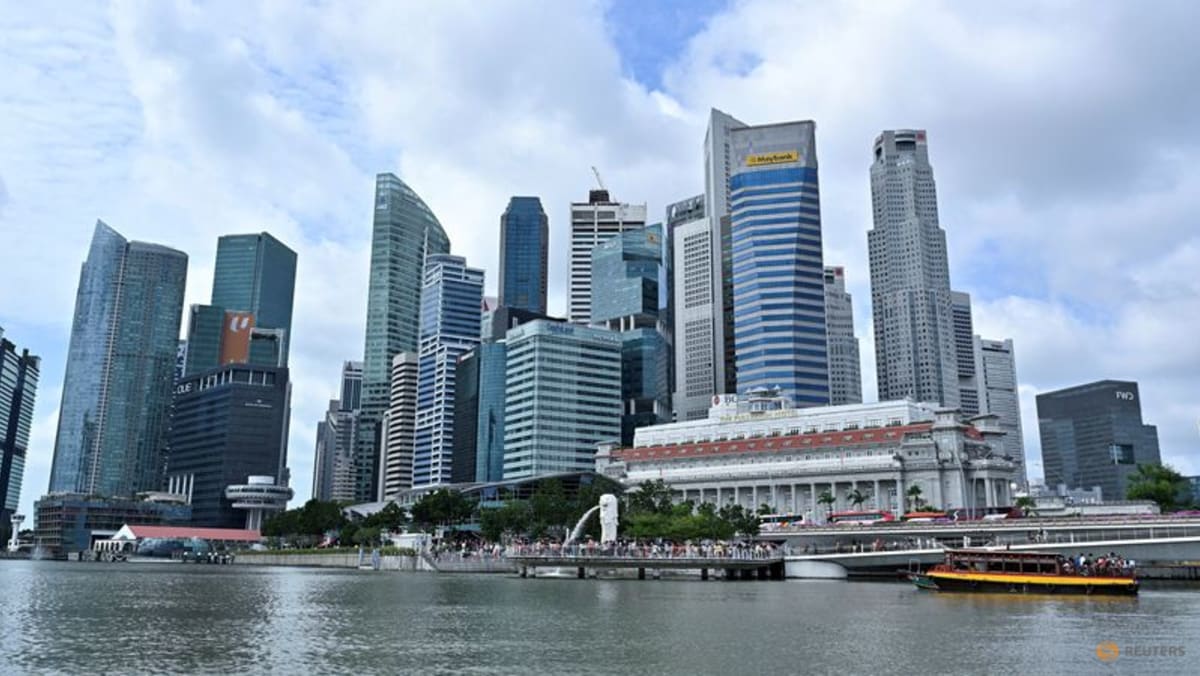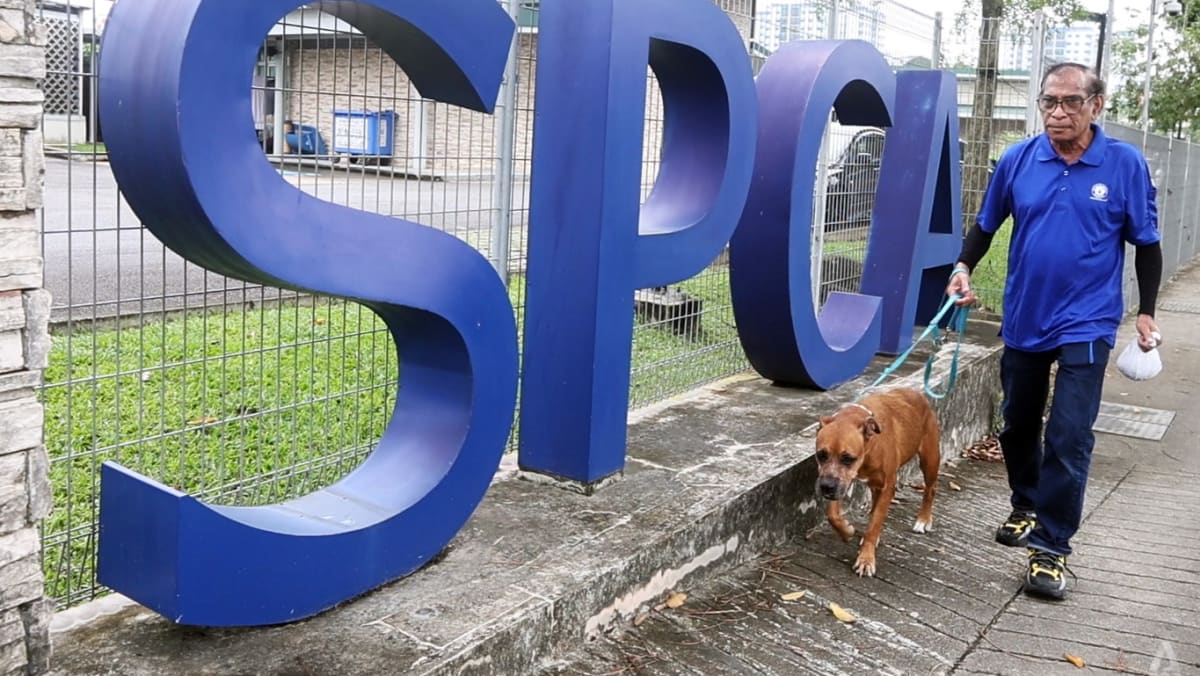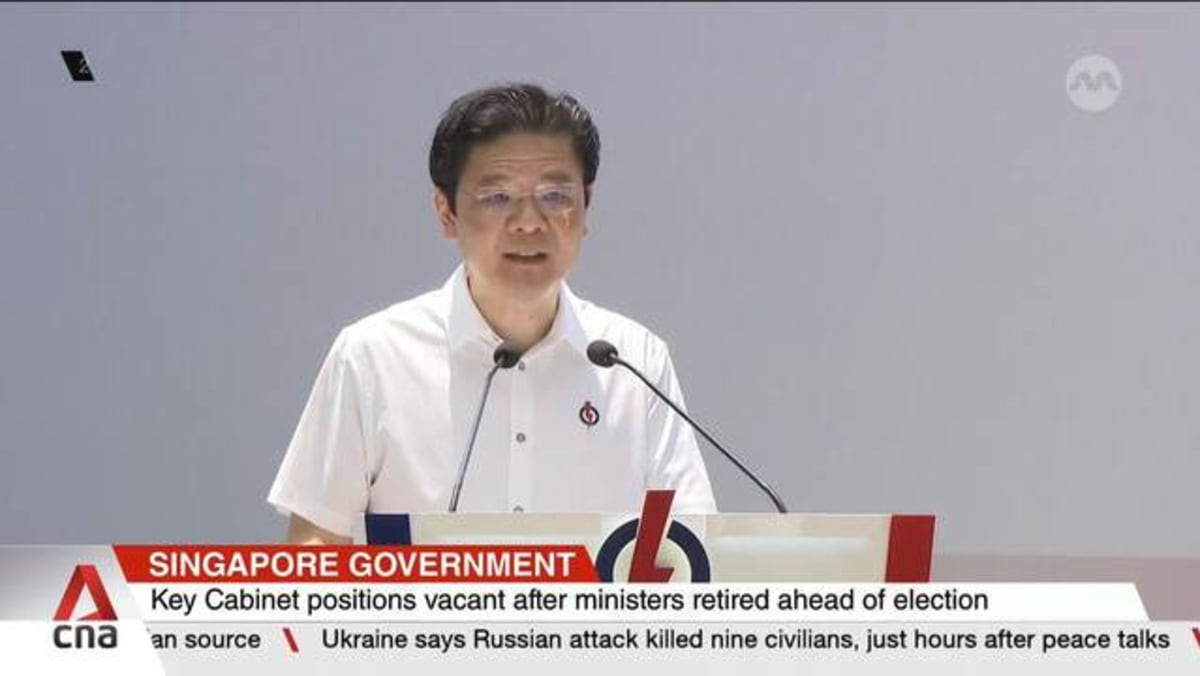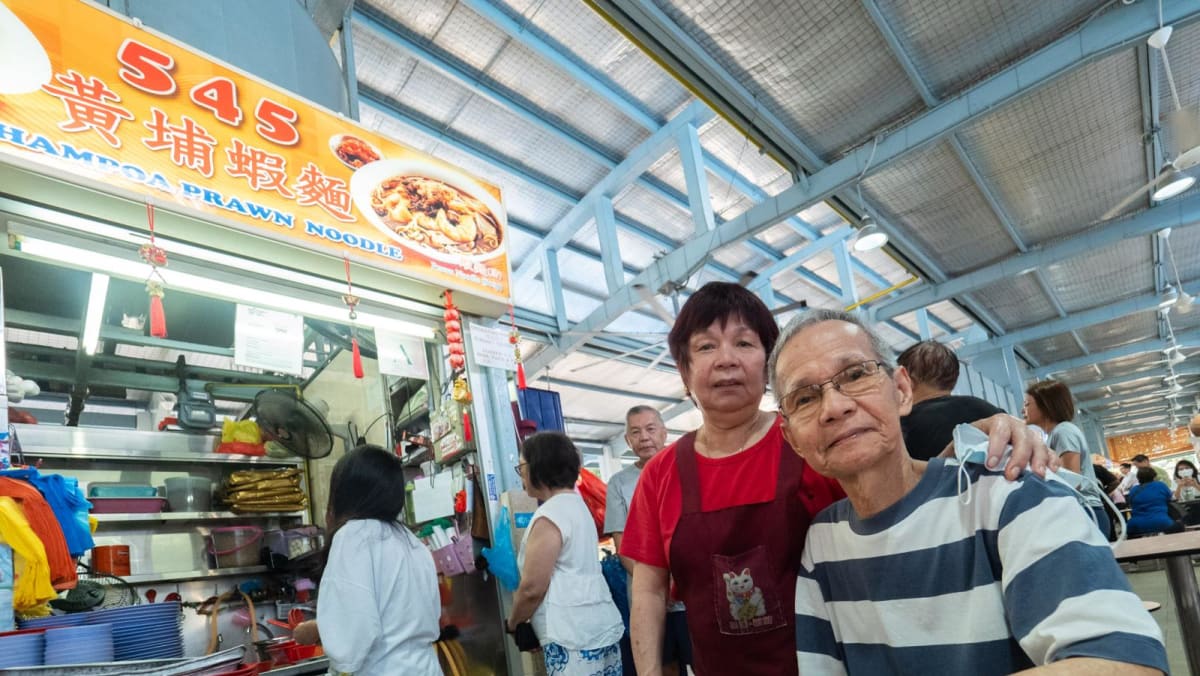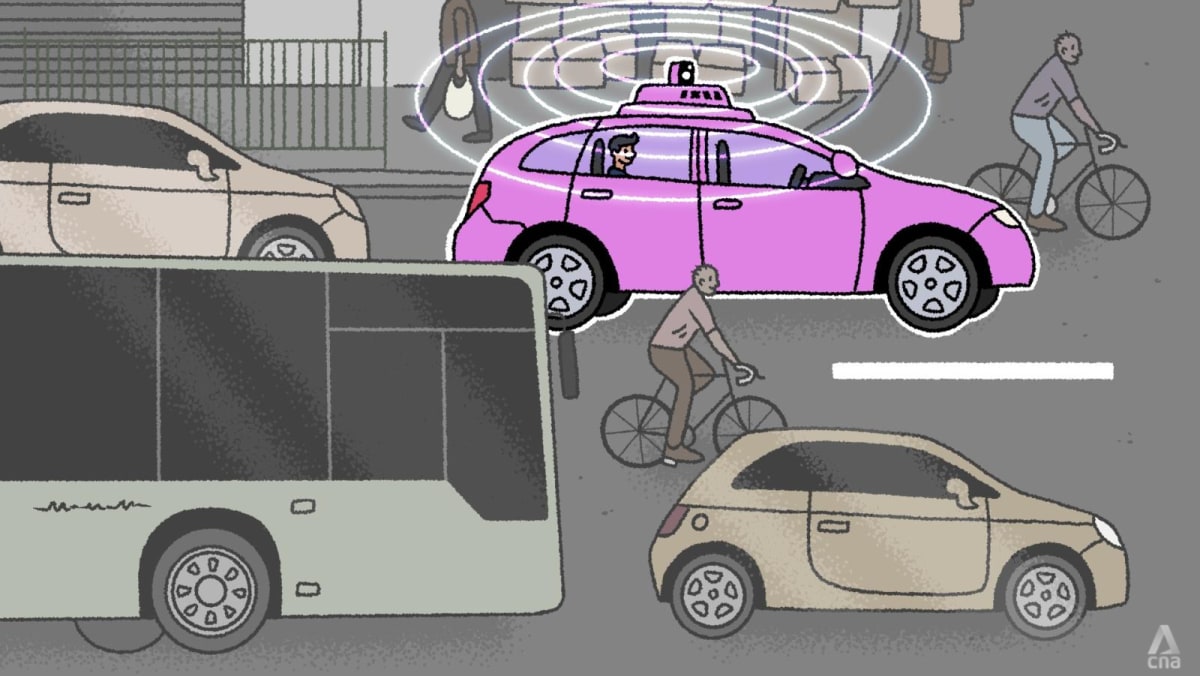SINGAPORE: Like many in the food and beverage sector, Foreword Coffee has been feeling the heat from escalating business costs, particularly for manpower.
Co-founder Lim Wei Jie is glad that some relief is on the way, with the extension of the Enabling Employment Credit. In his Budget 2025 speech on Tuesday (Feb 18), Prime Minister Lawrence Wong said the scheme will be extended until the end of 2028.
The scheme provides wage support of up to 20 per cent for workers with disabilities earning below S$4,000 (US$2,980) a month, capped at S$400 for each employee.
The wage offsets, disbursed on a half-yearly basis, have been helpful for the social enterprise, which currently has 21 employees with disabilities or special needs.
“Extending the scheme will continue to support businesses that hire inclusively and hopefully, encourage more to do so,” said Mr Lim, who started Foreword Coffee in 2017 to tackle social stigma and empower marginalised groups.
Further relief comes from enhancements to the Progressive Wage Credit Scheme, which co-funds eligible wage increases for lower-wage workers as they upskill and improve work productivity.
The government will increase its co-funding level to 40 per cent this year, up from 30 per cent. Next year, this will be 20 per cent, up from 15 per cent.
This will enable Foreword Coffee to pay its staff more, although productivity gains may not be easy with the limited number of training courses for workers with disabilities, said Mr Lim.
“It’s not as simple as bringing in new technology, but whether our workers are able to adapt to them,” he said. “At the moment, there are very limited courses for us to send them to, so it ends up (with) a lot of internal coaching on our own.”
Several other measures to help businesses cope with rising costs were announced on Tuesday, as well as initiatives that target productivity growth and technological transformations in the long term.
Firms and business associations that CNA spoke to largely welcomed these measures, but they also raised concerns about how the effects may be limited in some instances.
CORPORATE INCOME TAX REBATE
It was announced that companies will get a 50 per cent corporate income tax rebate for another year. Eligible firms will also receive a cash grant of S$2,000, even if they are not profitable, provided they are active and employed at least one local worker in 2024.
The total benefit that a company can receive – combining the tax rebate and the grant – will be capped at S$40,000.
While the measures will help, the impact will vary across businesses, said Mr Ang Yuit, president of the Association of Small and Medium Enterprises (ASME).
The tax rebate and cash grant will generally benefit profitable businesses, he said. For those that are unprofitable, the significance of the cash grant, if they are eligible, will depend on the number of employees.
“If they are a one-man show, the cash grant will be a sizable support in terms of cost defrayment. But if I have more staff, a S$2,000 grant isn’t going to support me much in the overall scheme of things,” he said.
“Ironically, the last group of businesses is the one that needs the most financial support.”
Mr Ang noted there could have been “a bit more granularity” in how the tax rebate and cash grant are administered.
“If I am not making money and I have three staff and more, I can get more cash support but with a cap on the top end. I think this will ensure that help is given to the companies that are trying very hard to stay afloat and are most affected by rising costs,” he said.





